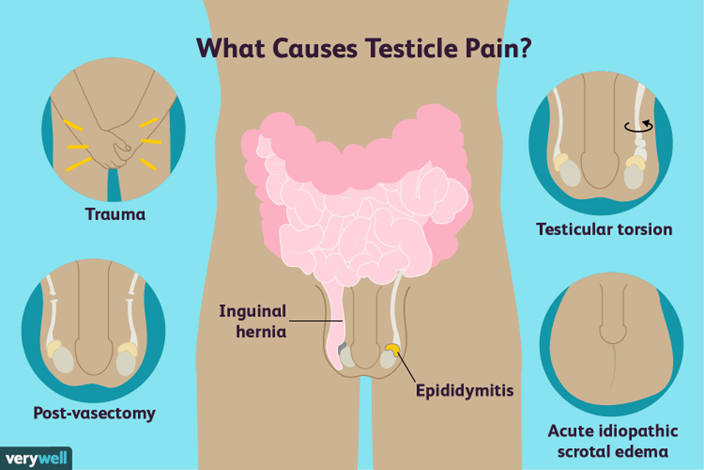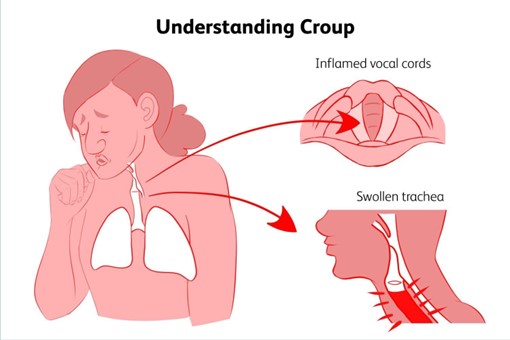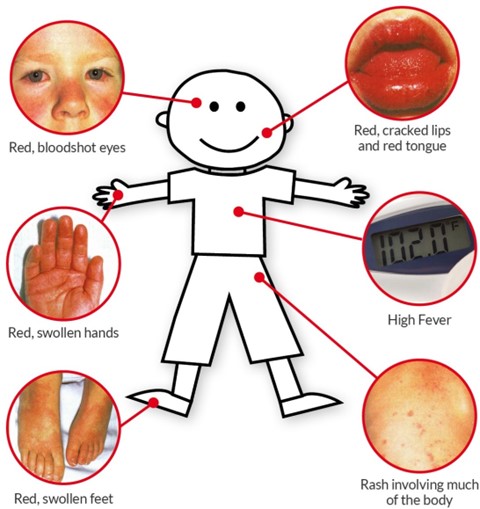A male adolescent arrives at the clinic and reports intense pain in the testicular area that occurred during football practice at high school. The nurse observes the scrotum and identifies significant erythema and swelling.
Which action should the nurse take?
Report the findings immediately to the healthcare provider.
Obtain a swab of secretions from the penis and urethra.
Collect a sterile urine sample for culture and sensitivity.
Provide the adolescent with a urinal for urinary hesitancy.
The Correct Answer is A
The nurse should report the findings of significant erythema and swelling in the scrotum immediately to the healthcare provider. The adolescent's symptoms may be indicative of testicular torsion, which is a medical emergency and requires prompt treatment to prevent loss of the testicle. Obtaining a swab of secretions from the penis and urethra or collecting a sterile urine sample for culture and sensitivity are not appropriate actions for this presentation. Providing a urinal for urinary hesitancy may be appropriate if the adolescent is experiencing difficulty urinating, but this should not take precedence over reporting the findings to the healthcare provider.

Nursing Test Bank
Naxlex Comprehensive Predictor Exams
Related Questions
Correct Answer is C
Explanation
When advising a new mother on caring for a child with croup, the telephone triage nurse should prioritize concern for difficulty swallowing secretions. This symptom can indicate that the child's airway is becoming obstructed and requires immediate medical attention. A fever of 101.0°F (38.3°C) is a common symptom of croup and can be managed at home with antipyretics. Crying often when nursing is not a specific symptom of croup and may have other causes. A barking cough, worse at night, is a characteristic symptom of croup and can be managed at home with humidified air and hydration.

Correct Answer is C
Explanation
The nurse should instruct the mother to place the child in a quiet environment first. Kawasaki disease is an illness that can cause inflammation in the blood vessels and can lead to symptoms such as irritability and skin peeling. Placing the child in a quiet environment can help reduce stimulation and promote rest, which can help improve the child's symptoms. The other options (A, B, and D) may also be helpful, but placing the child in a quiet environment is a key intervention in this situation.

Whether you are a student looking to ace your exams or a practicing nurse seeking to enhance your expertise , our nursing education contents will empower you with the confidence and competence to make a difference in the lives of patients and become a respected leader in the healthcare field.
Visit Naxlex, invest in your future and unlock endless possibilities with our unparalleled nursing education contents today
Report Wrong Answer on the Current Question
Do you disagree with the answer? If yes, what is your expected answer? Explain.
Kindly be descriptive with the issue you are facing.
